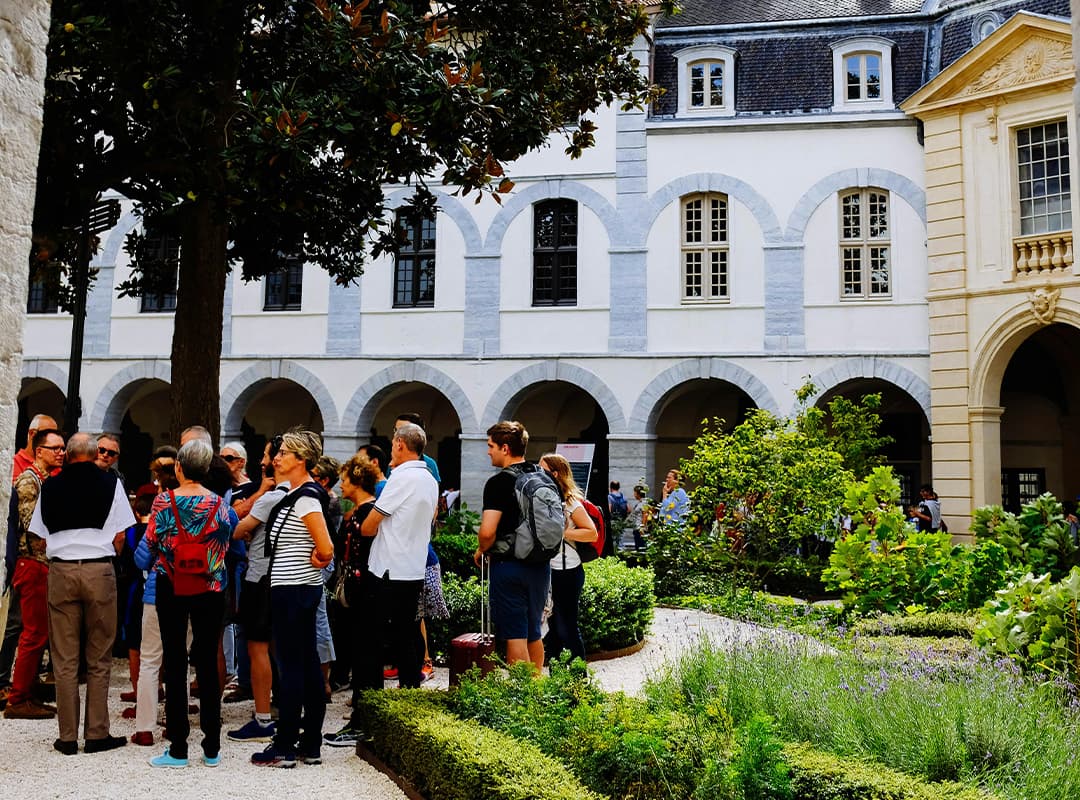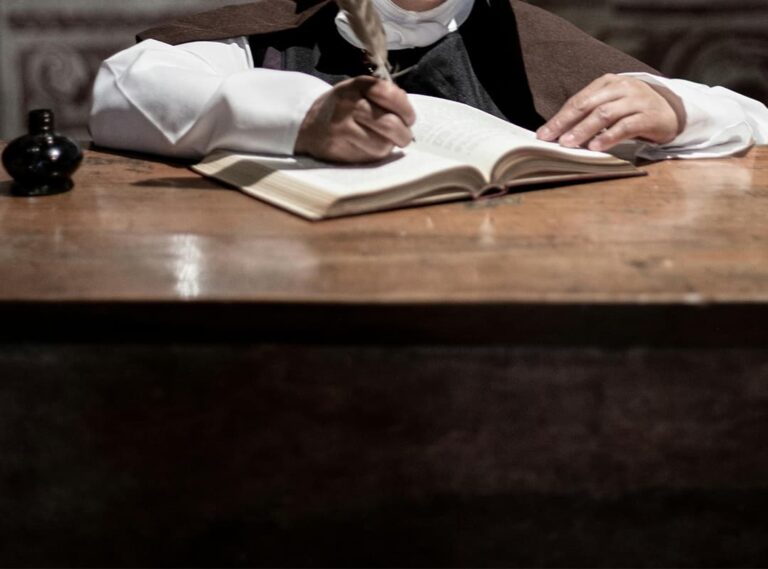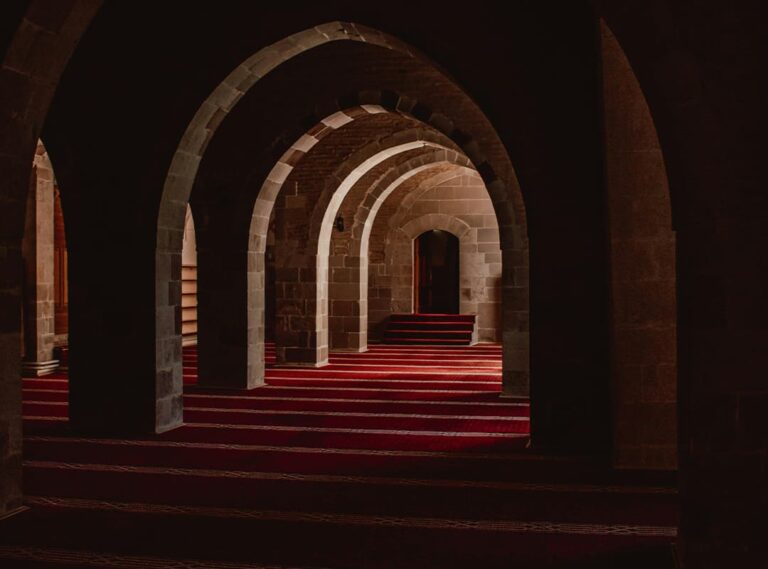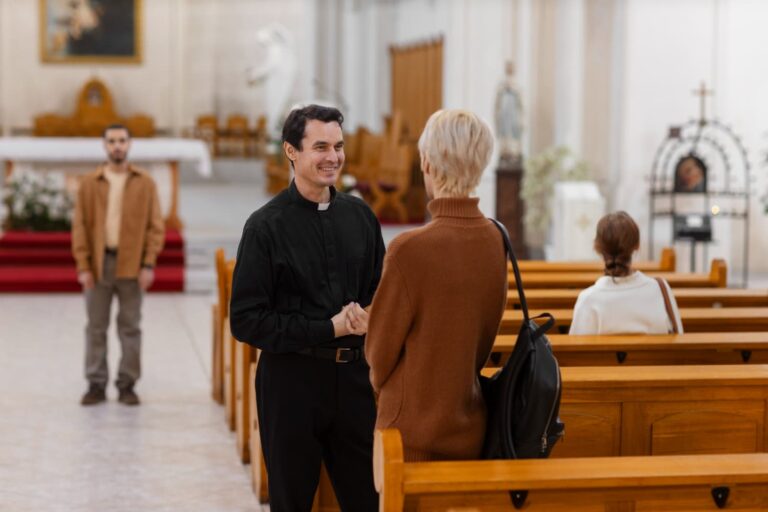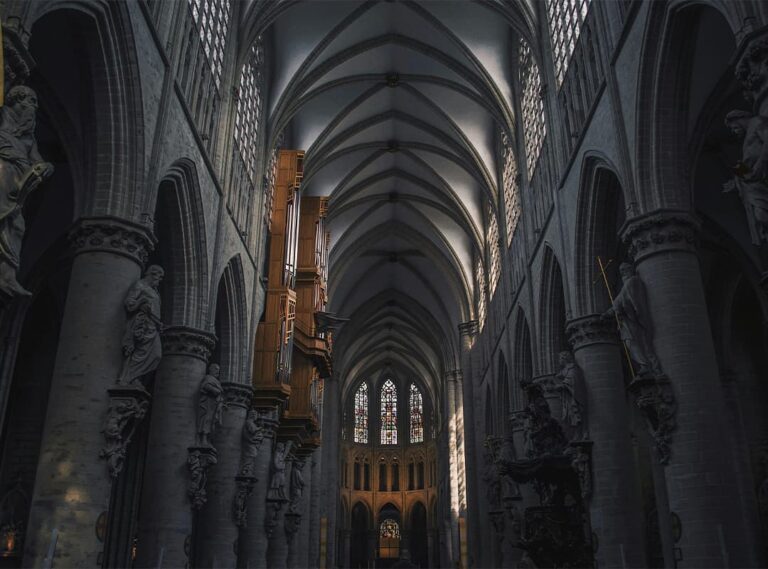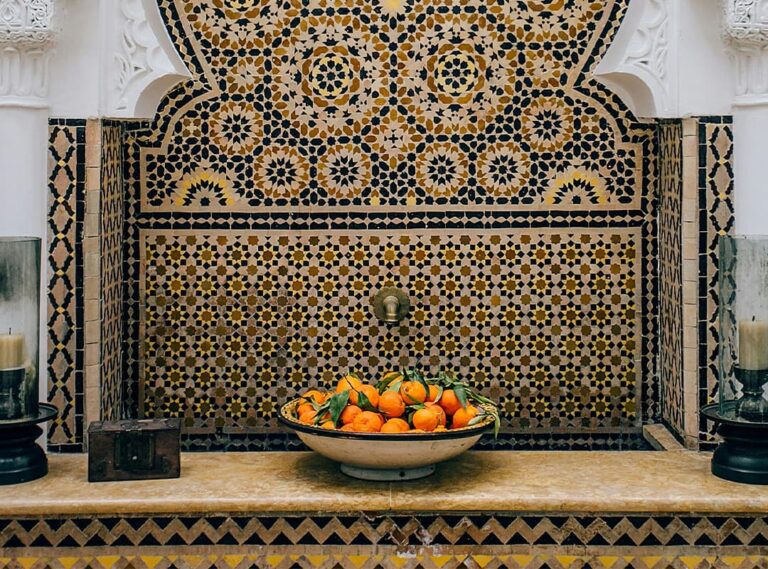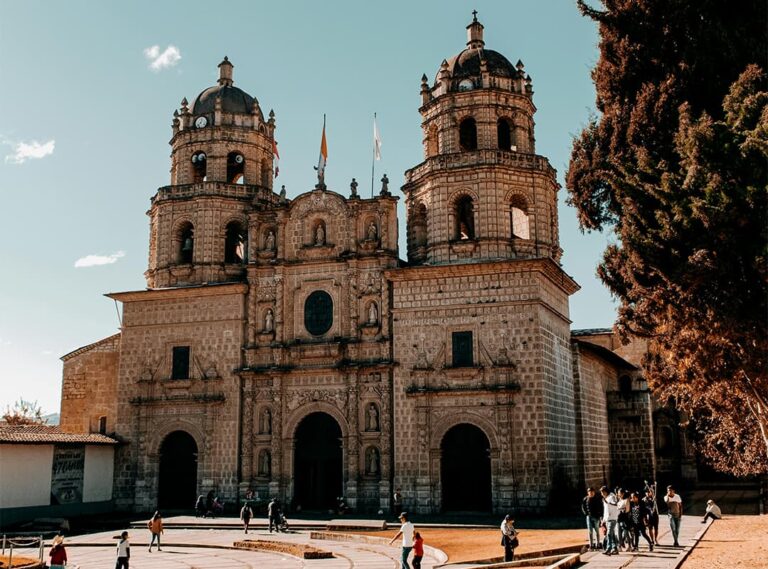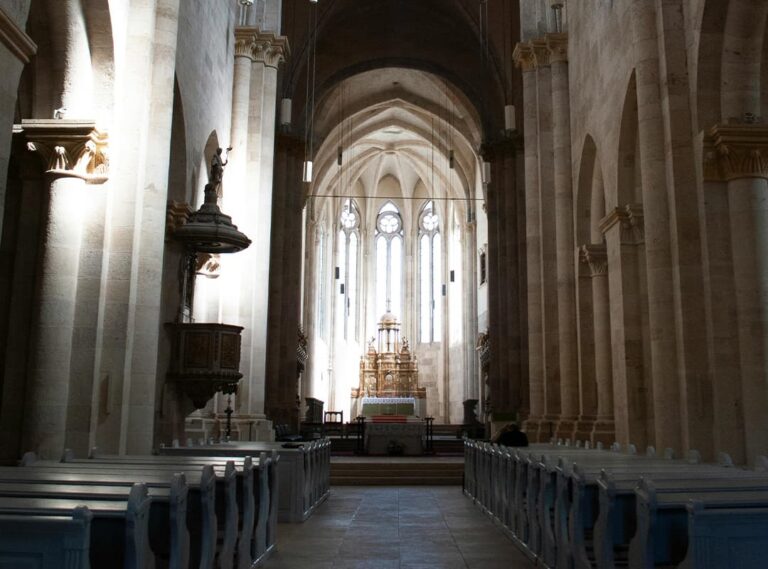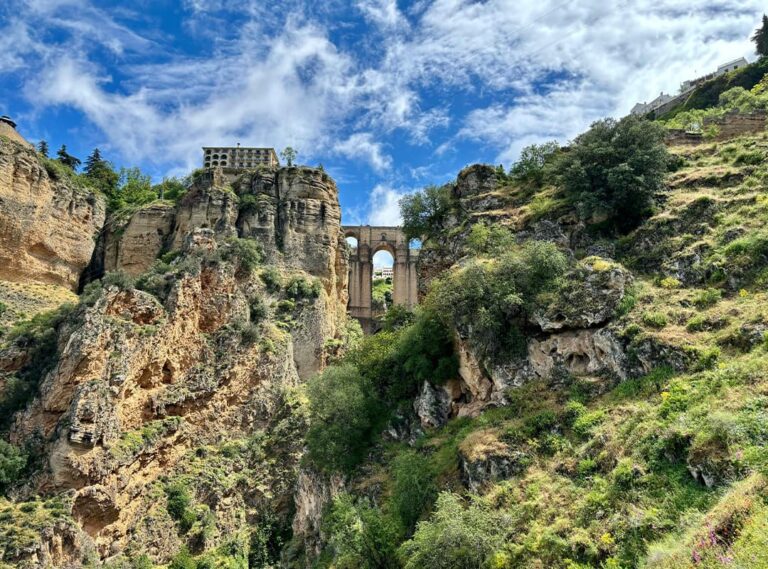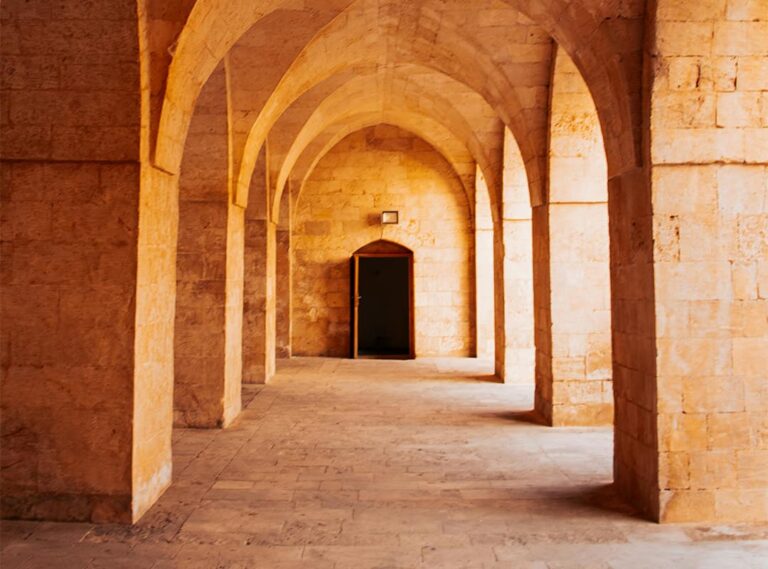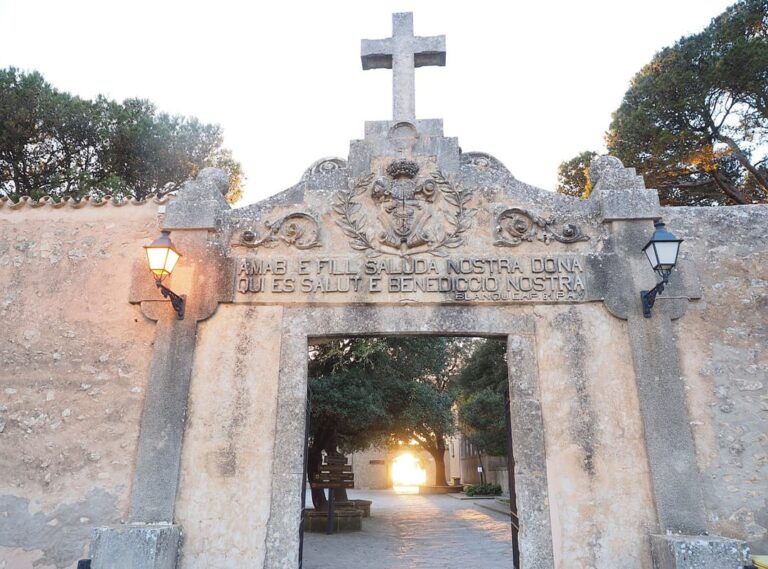The Franciscan Order, founded by Saint Francis of Assisi in the early 13th century, has long been committed to the values of humility, peace, and service. In contemporary society, these values are reflected in the Order’s active engagement in interfaith dialogue. The Franciscans’ dedication to understanding and cooperation among different religious traditions underscores their mission of fostering harmony and mutual respect. This article explores the role of Franciscans in interfaith dialogue, highlighting their efforts to build bridges between religions and the significance of symbols like the religious grotto and the Black Madonna painting in this context.
Historical Context of Interfaith Dialogue
Interfaith dialogue has been an integral part of Franciscan practice since the Order’s early days. Saint Francis of Assisi himself engaged in dialogue with Muslims during the Fifth Crusade, seeking to promote peace and understanding rather than conflict. This early example set a precedent for the Franciscan commitment to interfaith engagement:
- Saint Francis and the Sultan
- During the Crusades, Saint Francis famously traveled to Egypt and met with Sultan Al-Kamil. His intent was to engage in dialogue and promote peaceful coexistence rather than participating in the military conflict. This encounter exemplified his commitment to building relationships based on respect and understanding.
- Franciscan Scholasticism
- Throughout the Middle Ages, Franciscans contributed to scholarly discussions about other religions, particularly through the work of theologians and philosophers who engaged with various cultural and religious ideas. This academic openness laid the groundwork for future interfaith dialogues.
Modern Efforts in Interfaith Dialogue
In the modern era, the Franciscan Order continues to play a significant role in interfaith dialogue, working to foster mutual respect and collaboration among different religious communities:
- Educational Initiatives
- Franciscans often engage in educational programs aimed at increasing understanding between different faiths. These initiatives include lectures, workshops, and courses that explore the common values and teachings shared across religious traditions.
- Interfaith Dialogues and Conferences
- Franciscans participate in and organize interfaith dialogues and conferences that bring together representatives from various religions. These events focus on addressing common challenges, sharing insights, and working collaboratively on social issues.
- Community Engagement
- On a local level, Franciscans are involved in community activities that promote interfaith cooperation. They work with local religious groups to address social concerns, support community service projects, and build relationships based on shared values.
- Promoting Peace and Understanding
- The Order’s efforts often include initiatives aimed at resolving conflicts and promoting peace. By engaging with different faith communities, Franciscans seek to address misunderstandings and build a more inclusive and harmonious society.
The Role of Symbols in Interfaith Dialogue
Symbols such as the religious grotto and the Black Madonna painting play a significant role in the context of interfaith dialogue:
- The Religious Grotto
- A religious grotto, often a place of pilgrimage or reflection, serves as a space where individuals from various religious backgrounds can come together in a shared experience of reverence and contemplation. These sites frequently host interfaith gatherings and discussions, providing a neutral and sacred space for dialogue.
- The Black Madonna Painting
- The Black Madonna painting, representing the Virgin Mary with dark skin, holds significance for various Christian communities. Its presence in interfaith contexts symbolizes the inclusivity and universality of spiritual experiences. The Black Madonna often serves as a point of connection and dialogue between different Christian traditions and beyond.
Impact on Society
The Franciscans’ engagement in interfaith dialogue has had a significant impact on society:
- Fostering Mutual Respect
- Through their dialogue and collaborative efforts, Franciscans contribute to a greater understanding and respect between different faith communities. This fosters a more inclusive environment where diverse beliefs are acknowledged and valued.
- Addressing Global Challenges
- Interfaith cooperation is essential in addressing global challenges such as poverty, conflict, and environmental degradation. By working together, different religious communities can pool their resources and insights to create meaningful solutions.
- Promoting Peaceful Coexistence
- The Franciscan emphasis on peace and reconciliation helps to promote peaceful coexistence in diverse societies. Their commitment to dialogue and mutual respect plays a crucial role in building bridges between communities and reducing tensions.
The Franciscan Order’s commitment to interfaith dialogue reflects the deep values of humility, respect, and peace that characterize their spiritual tradition. By engaging in educational initiatives, organizing interfaith conferences, and participating in community service, Franciscans work to foster understanding and cooperation among different religious traditions. Symbols such as the religious grotto and the Black Madonna painting underscore the universality and inclusivity of these efforts, providing meaningful connections in the quest for harmony. Through their ongoing dedication to interfaith dialogue, Franciscans continue to make a significant contribution to building a more compassionate and united world.
